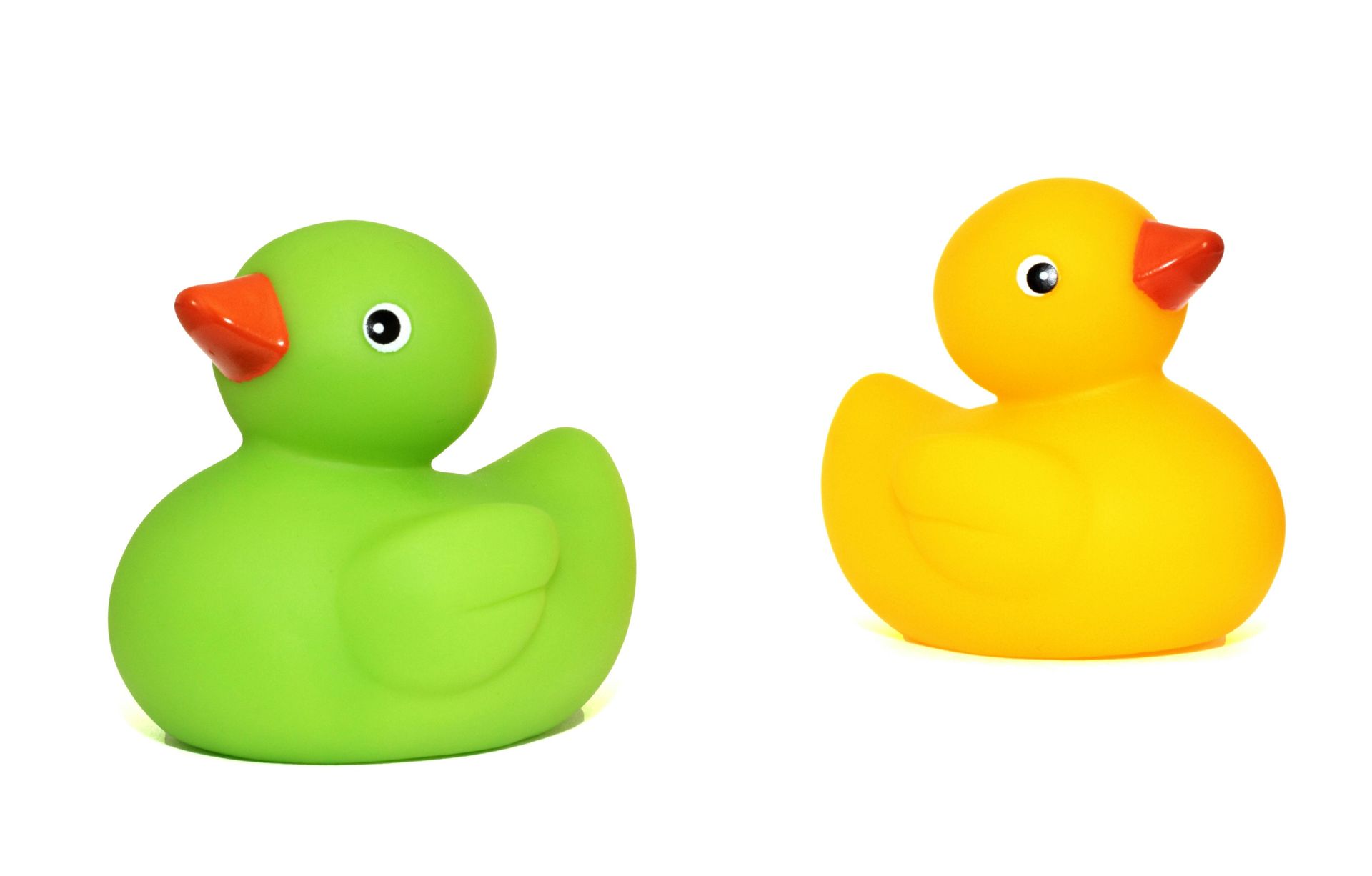2023-2024 Legislative Session Lame Duck Wrap-Up!
2023-2024 Legislative Session Lame Duck Wrap-Up!

The 2023-2024 legislative session has come to a close. The last few weeks, known as Lame Duck, was a whirlwind of legislative action and drama.
During lame duck, MUCC had few bills being pursued, and dozens that were being tracked and worked on in the final hours of session.
Ultimately, Lame Duck came to a screeching halt after Republicans walked out, and a few hours later Rep. Karen Whitsett (D-Detroit) followed suit, walking out, removing the house quorum and functionally ending the house session.
The senate powered on ending after a 30-hour session, but because of house inaction numerous bills died on the house floor.
There was not much natural resources or conservation focused legislation pending, and much of the work was focused on gun control legislation.
Here is what MUCC was working on and tracking in Lame Duck:
HB 5428 Recreation Passport Opt-Out
This legislation would have changed the recreation passport from an opt-in, to an opt-out. Legislation was tie-barred to the bills that would have allowed for free access to active military and veterans. The legislation passed the house, but did not get a vote in the senate. MUCC supported this legislation.
SB 664 Hunters Safety in Schools
SB 664 was bipartisan legislation that would have created a hunter's safety in schools' program that school districts could choose to offer as an extra-curricular program. The bill passed the senate with only a single no vote but was never acted on in the house. MUCC supported this legislation.
HB 6229 & 6230 License and Boat Registration Fee Increases
HB 6229 would have raised most hunting, fishing, and trapping license fees, as well as permanently tying them to the Consumer Price Index to adjust for inflation, the last license fee increase was over 10 years ago. HB 6230 would have raised boating registration fees for the first time since 1993. These bills received a committee hearing in the house but were never brough up for a vote on the house floor. MUCC supported the legislation in concept, per our member driven policies to find a long-term funding solution for the DNR.
HB 6183, 6184, 6185 FFL Liability & Public Nuisance
A trio of gun control bills were passed by the House Judiciary Committee but failed to get a house floor vote. MUCC provided written testimony on the legislation, which would have opened FFL’s, of which MUCC is one, up to frivolous lawsuits for lawful firearm transfers, and baseless public nuisance complaints. MUCC opposed the legislation.
SB 857 & 858 CPL Restrictions
This pair of bills would have made some sweeping changes to CPL restrictions and put a prohibition on carrying in the Capitol and legislative office buildings in statute. These bills were amended making them less restrictive than previous versions but ultimately failed to pass. MUCC opposed this legislation.
HB 5450 & 5451 Schools Providing Gun Storage Information
This legislation mandates the Department of Health and Human Services to provide the Department of Education and Michigan schools with a flyer about the new safe storage legislation passed in 2023. This legislation has passed and is expected to be signed by the Governor. MUCC opposed this legislation on the heels of the 2023-gun control, and the 2024 “snitch line” legislation, where children can report their parents for unsecured firearms to their schools.
MUCC feels this package creates a negative stigma around firearm ownership and use, and a more appropriate solution is education in safe firearm usage, through hunters' safety or other proven sources, without adding a negative stigma to lawful and responsible firearm ownership.
Conservation Legislation
MUCC opposed changes to the Michigan Wildlife Council, Wolf Management Advisory Council, and Natural Resources Commission authorities, all failed to gain traction. MUCC supported legislation to allow Conservation Officers to buy into the state police pension plan, which also failed.
Other Gun Control
Numerous other gun control bills failed to pass, including the ban on self-manufactured firearms, bans on colored guns, and bans on toy guns. Per our member driven policy, MUCC opposes all new gun control legislation.
Recent Posts



